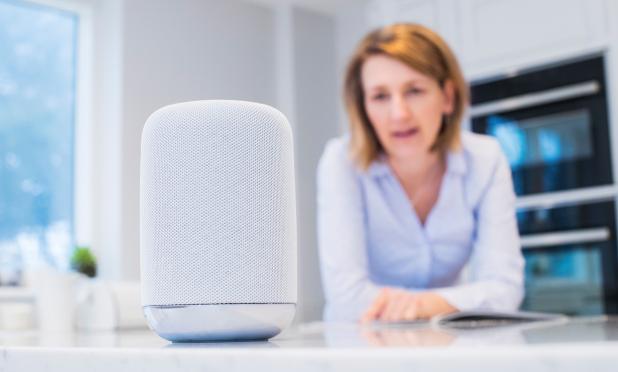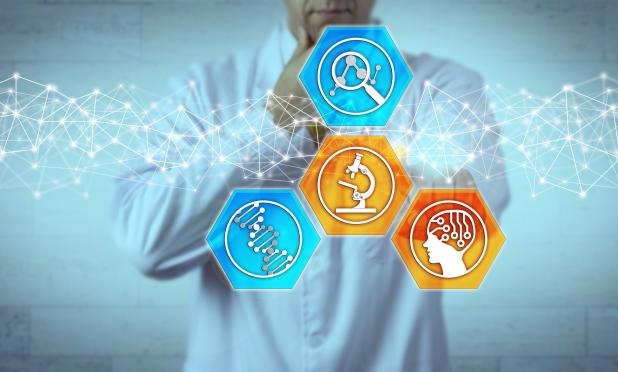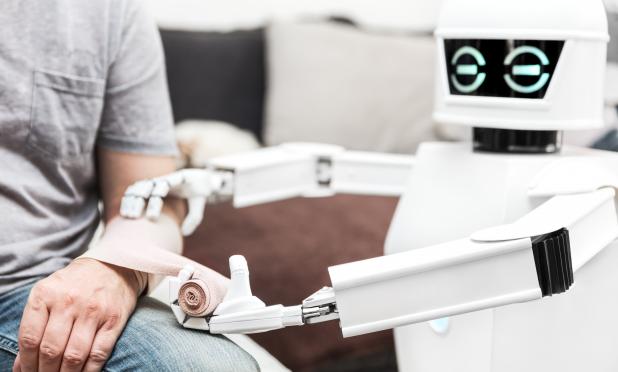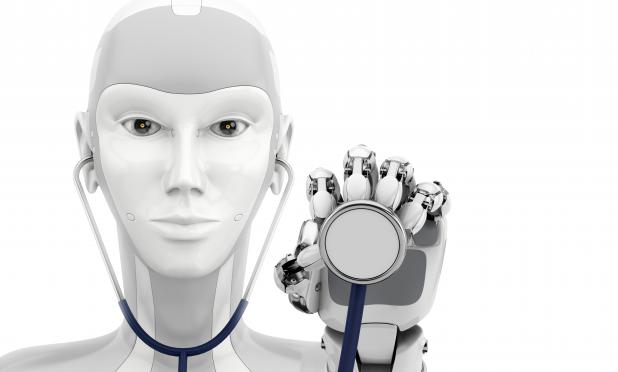
/
SPONSORED
Scientists tap AI to develop cancer-killing nanoparticles
Using the new platform, the team was able to simulate both simple tumors and more complex tumors with cancer stem cells, which are sometimes difficult to treat and lead to relapse of some cancer patients.

/
SPONSORED
Researchers use “federated learning” to help predict patient oxygen needs
Predicting oxygen needs for COVID patients will enable hospitals to care for patients while also ensuring adequate oxygen supplies throughout their organizations.

/
SPONSORED
Test review questions AI effectiveness in identifying breast cancer
Most AI in healthcare is in the early stage of development, researchers note, and not all advances have been shown to work clinically.

/
SPONSORED
Talk to me: how NLP will pave the way for AI in healthcare
With the rise of natural language processing, says one stakeholder, voice will be the next revolution in user interfaces after mobile, and healthcare will be the frontier on which it will play out.

/
SPONSORED
Joint Mayo/Google team develops algorithm to improve brain network maps
The researchers’ goal is to develop an AI-driven tool that can offer better care to patients using brain stimulation devices.

/
SPONSORED
AI-driven screening enhances search for genetic syndromes
According to the researchers, introducing the technology in areas with limited access to specialized care could be a step forward in democratizing health resources for genetic screening.

/
SPONSORED
European researchers tap AI to head off repeat strokes
According to researchers, the new approach has the potential to help prevent many thousands of strokes a year in Europe, thus also preventing many deaths and cases of disability.

/
SPONSORED
UK social care providers turning to AI for help
With more than 3.8 million over-65s living alone in the UK, says one stakeholder, older people may increasingly come to rely upon AI and other digital means for communication and healthcare.

/
SPONSORED
How AI “implantables” might monitor your data from the inside
Researchers say the implantable AI platform could give providers the option of monitoring and collecting complex biological data from directly within the human body.


